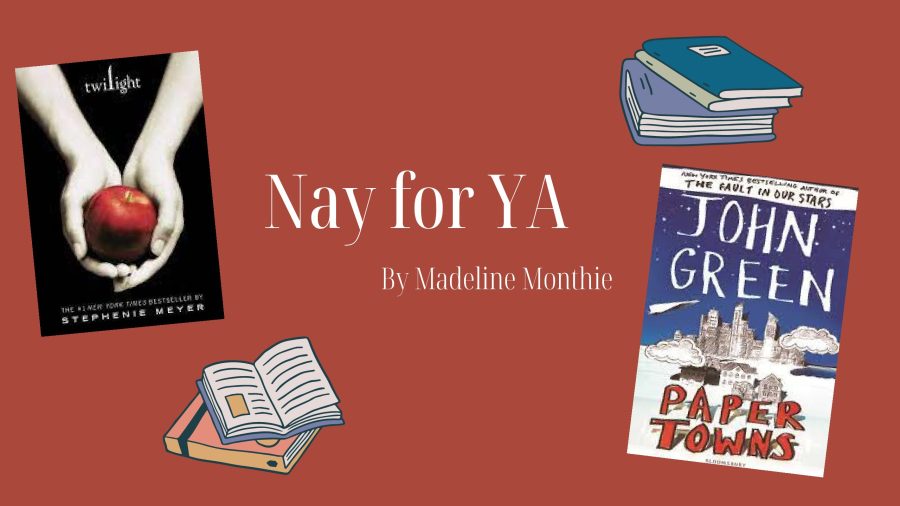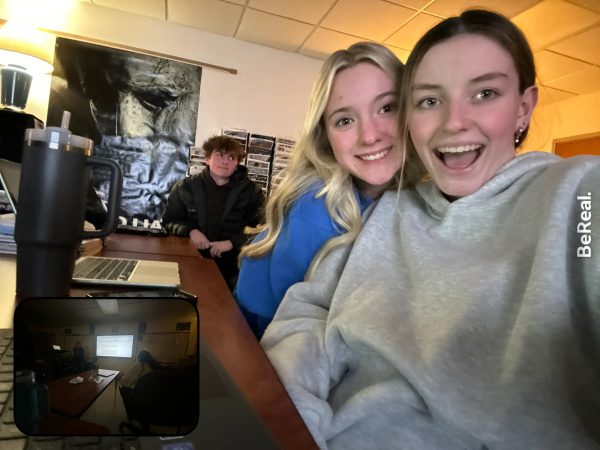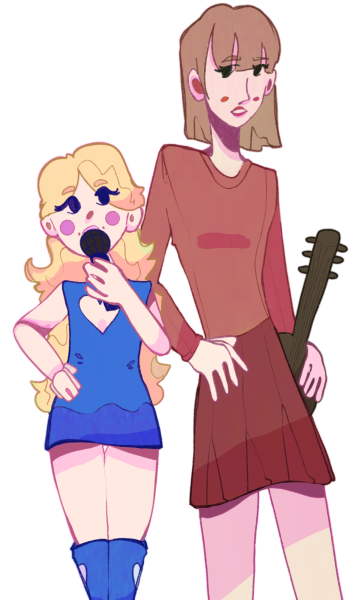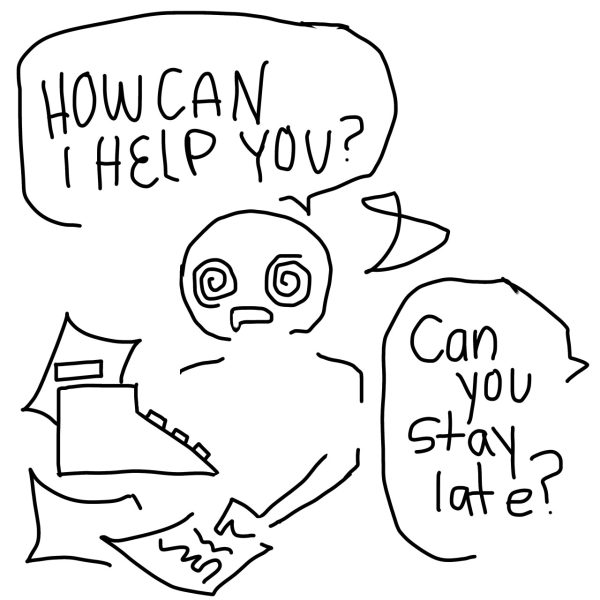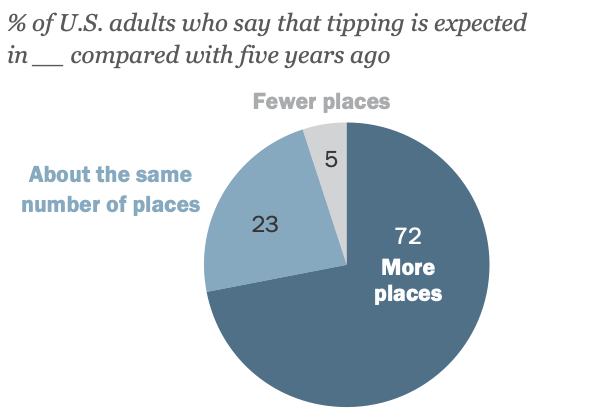Nay for YA
As of late, I have seen a steady increase in the popularity of the Young Adult (YA) fiction genre. It seems as if I can’t enter a bookstore nowadays without being ambushed by table upon table stocked with the new YA sensation, complete with a lengthy title and clipart cover.
As you can probably tell, I am not a massive fan of the YA genre. However, I am also a strong proponent that people should be allowed to enjoy things as long as they are not hurting themselves or others, YA books included. I also understand that a lot of YA criticism comes from a place of elitism and sexism; people tend to dismiss things typically enjoyed and marketed towards young girls—book genres included—but this does not mean that these books should be above criticism.
One of the main critiques I have for the YA genre is the representation within it. I believe representation in media is extremely important; people of all identities deserve to see themselves accurately depicted in media. This is where YA fiction is falling flat.
Bestselling YA books all seem to have one thing in common: a primarily white, straight, and cisgender cast of characters. Even when there are minorities in these novels, they tend to be side characters more often than not, and their cultures are usually under-researched and incorrectly portrayed.
An example of this can be seen in the popular YA series “Harry Potter,” specifically through J.K. Rowling’s negligence when naming a Chinese character Cho Chang, a name that consists of two last names, not first names. Another example of this can be seen in the “Twilight” series, specifically when Stephanie Meyer altered the beliefs of the Quileute Tribe without permission so that it would fit her storyline.
My other main critique is the lack of originality in YA books. It seems like every popular YA book is a constant cycle of overused tropes. I don’t want to read the same plotline happening over and over again across every book that I pick up. What’s the point?
I consider the main offender of storyline predictability in the YA genre to be John Green. The two novels I’ve read by him, “Paper Towns” and “The Fault in Our Stars,” were both stories in which a geeky, pretentious guy falls for a quirky, equally as pretentious manic pixie dream girl. Add in many outdated references that no teenager would ever say and a lot of boring, overused tropes and predictable plot points? You have every John Green novel in existence.
I know these critiques are huge blanket statements but, unfortunately, they seem to be true in many cases. Not to say that good YA books don’t exist because that’s simply not true—for example, I love “The Hunger Games” series, and it’s considered YA, yet I can acknowledge that it isn’t perfect; no book is. However, that doesn’t mean that many YA novels should be allowed to be blatantly offensive and harmful. Nothing should be above valid criticism, books included.
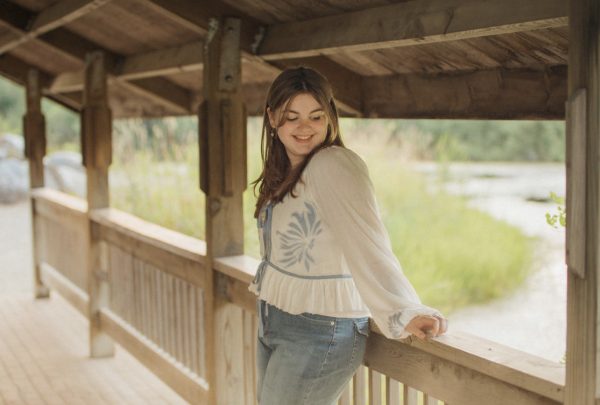
Madeline is a senior, and this is her third year on staff! She's the features editor and social media manager. She joined the Norse Star because she loves...


